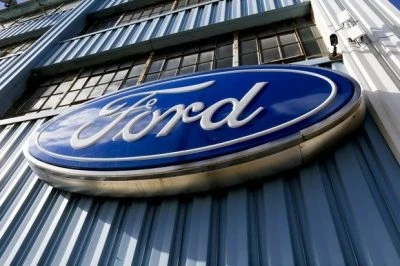
The news has been littered with automobile recalls in recent weeks, affecting popular brands including Ford, Kia and Hyundai. Each of the recalls may hit close to home here in Georgia, so be sure to check the status of your vehicle’s recall list at www.nhtsa.gov.
Ford recalls were announced for multiple reasons. The first defect involves door latches not working properly, posing a risk of the doors not closing correctly or opening while the vehicle is in motion. Last year alone this door latch recall cost Ford more than $640 million to correct, but luckily no injuries were reported because of the defect. The most recent recall, added to past door latch recalls, affects 2014 Fiesta, 2013-2014 Fusion, 2013-2014 Lincoln MKZ, 2012-2015 Focus, 2013-2015 Escape and 2013-2015 C-Max Ford models.
The second Ford recall affects about 360,000 2014 Escape, 2014-2015 Fiesta ST, 2013-2014 Fusion and 2013-2015 Transit Connect models. The defect involves possible engine fires because of coolant circulation failure, which might lead to the cylinder head cracking and oil leaking onto hot surfaces within the engine. 29 reports have been filed thus far, but luckily no injuries.
The third Ford recall is specifically for 2017 model F-250 trucks totaling 53,000 in number. Some sort of manufacturing error is said to possibly cause trucks to roll even when the transmission is in park. Unfortunately, replacement parts aren’t yet available at dealerships, so the company is asking owners to use the parking brake to ensure the trucks do not roll in the meantime. This defect affects trucks built in a Kentucky plant beginning in October of 2015 – all with a 6.2-liter engine.
Hyundai and Kia auto manufacturing companies have announced a recall of approximately 1.4 million automobiles in the United States, Canada and South Korea. The defect involves engines stalling and failing, which increases the risk of crashing. Affected models include 2013 and 2014 Hyundai Santa Fe Sport SUVs and Sonatas, as well as 2011-2014 Kia Optima models. Both companies will notify owners of the affected models so that corrections can be made.
Safety standards for automobiles have gotten stricter throughout the years, which is great for consumers. It means more and more recalls are announced regularly to prevent injuries and crashes before they happen. Jones & Swanson has witnessed first hands the horrible affects auto defects can cause to victims, so we are happy that standards are rising year after year.
Categories: Automobile Recall, Product Recall, Recalls


